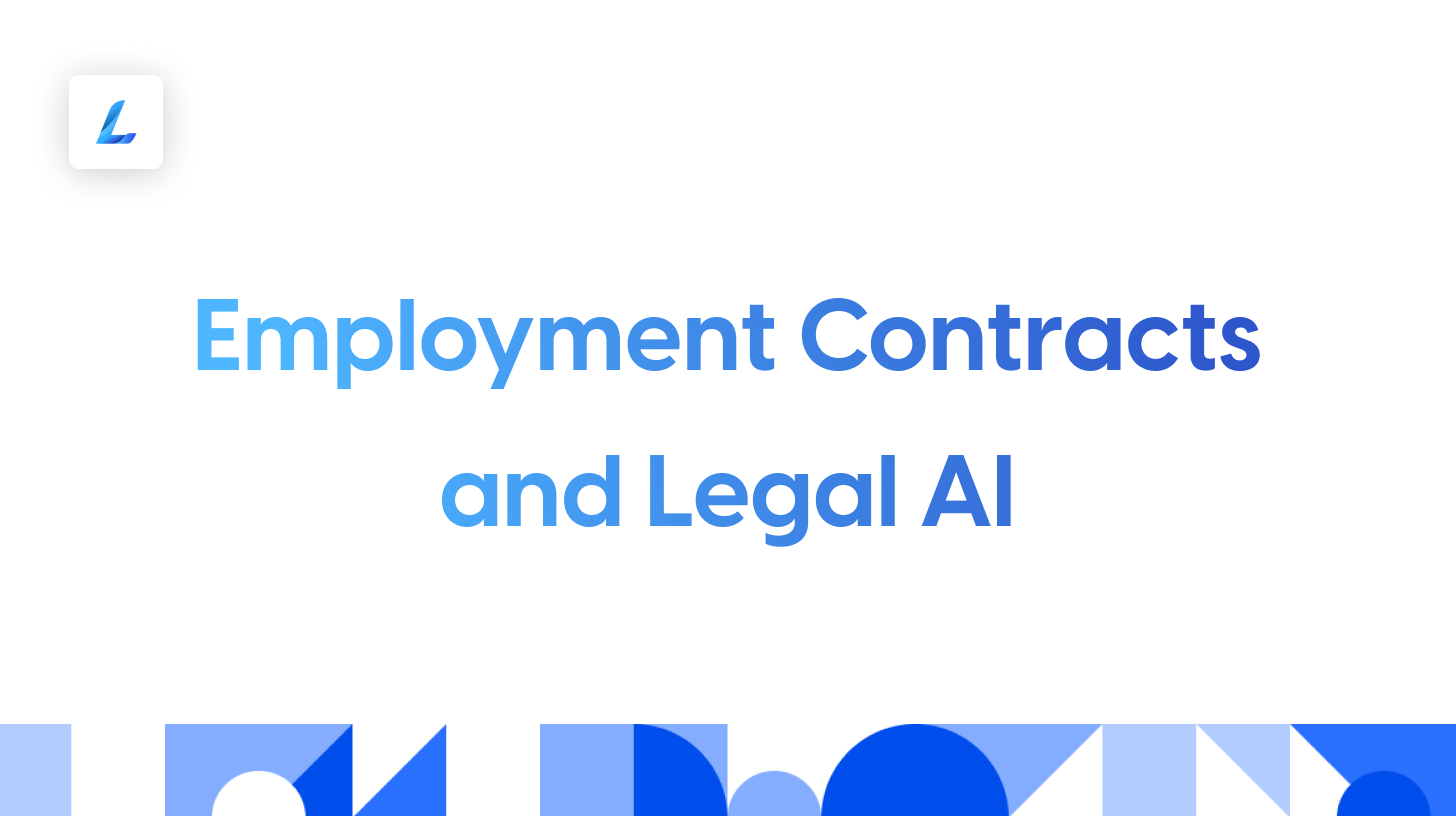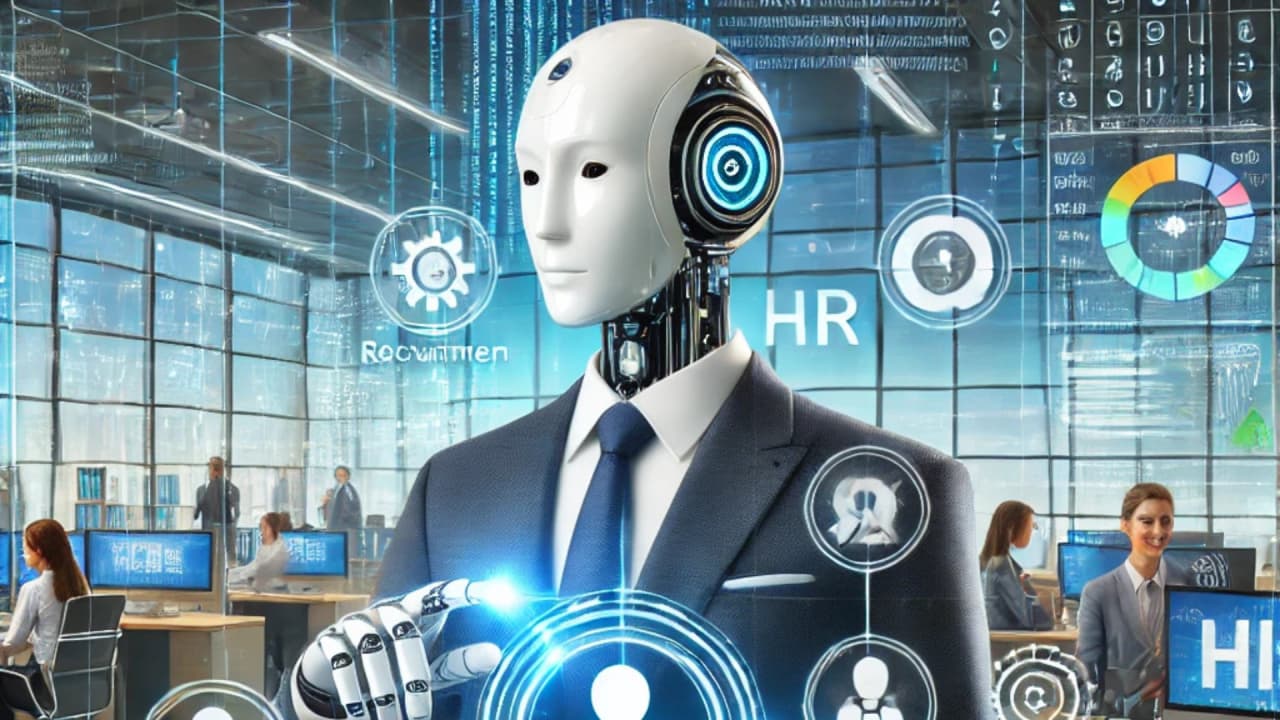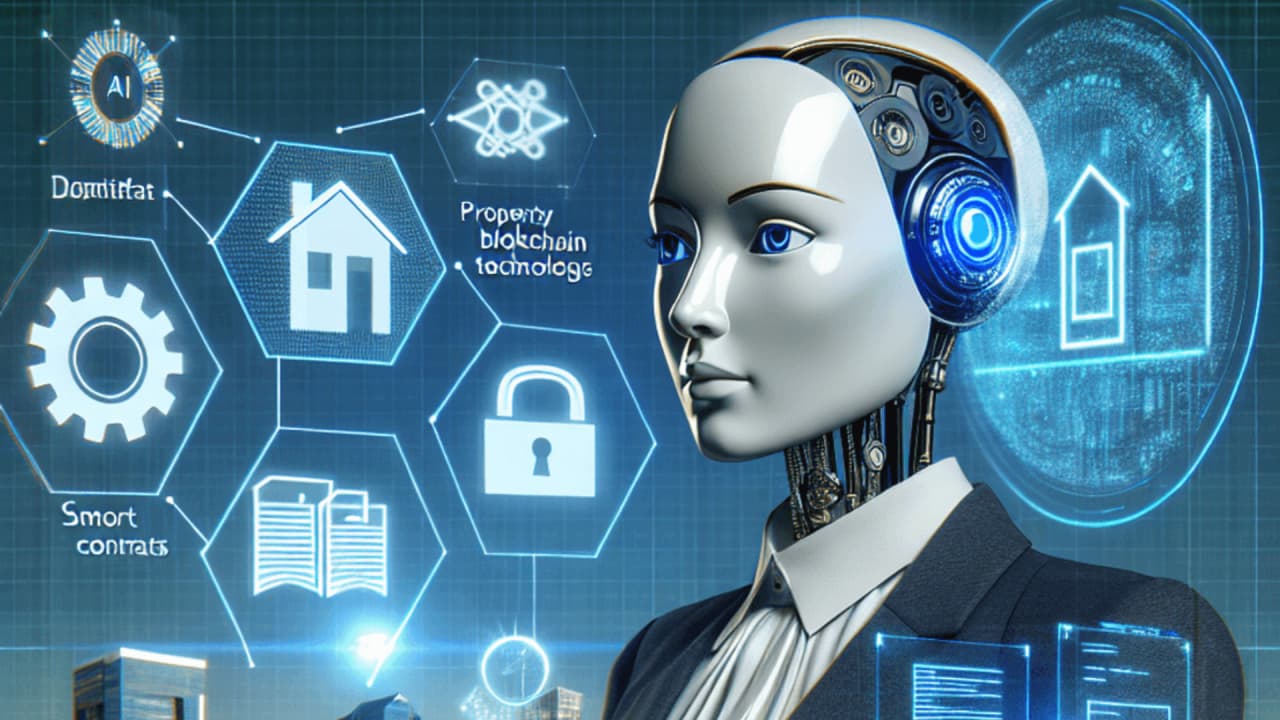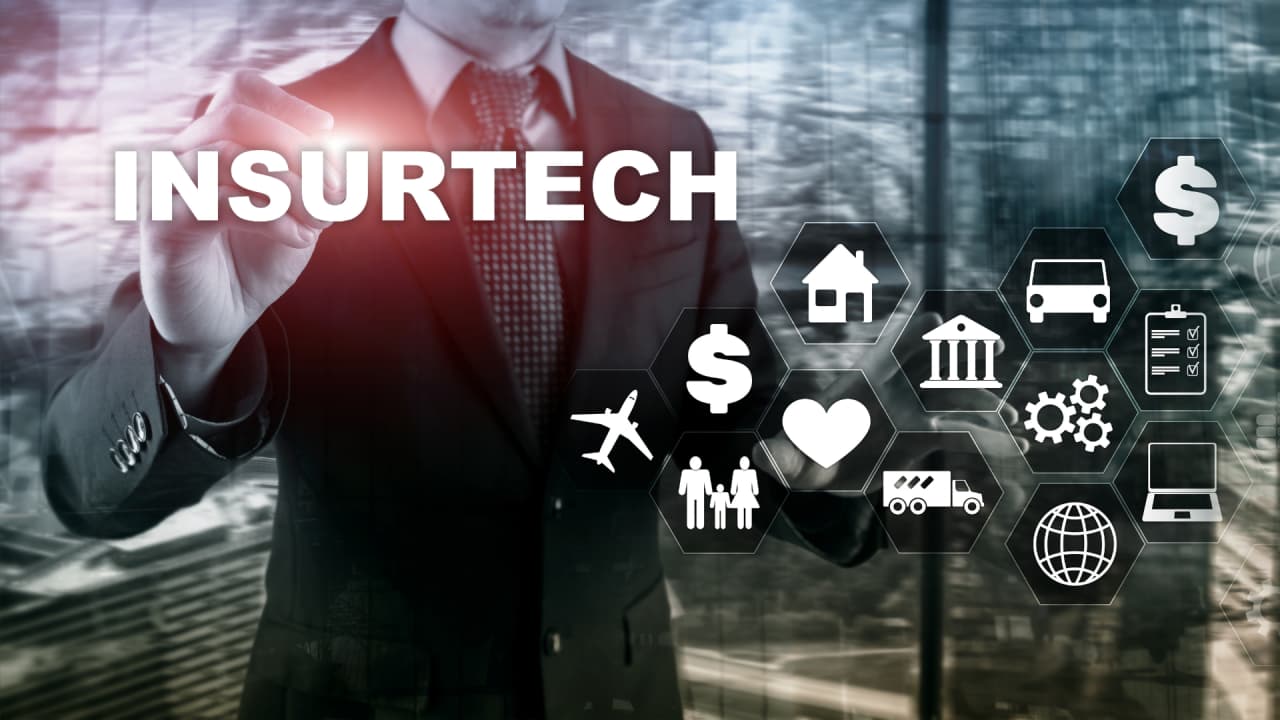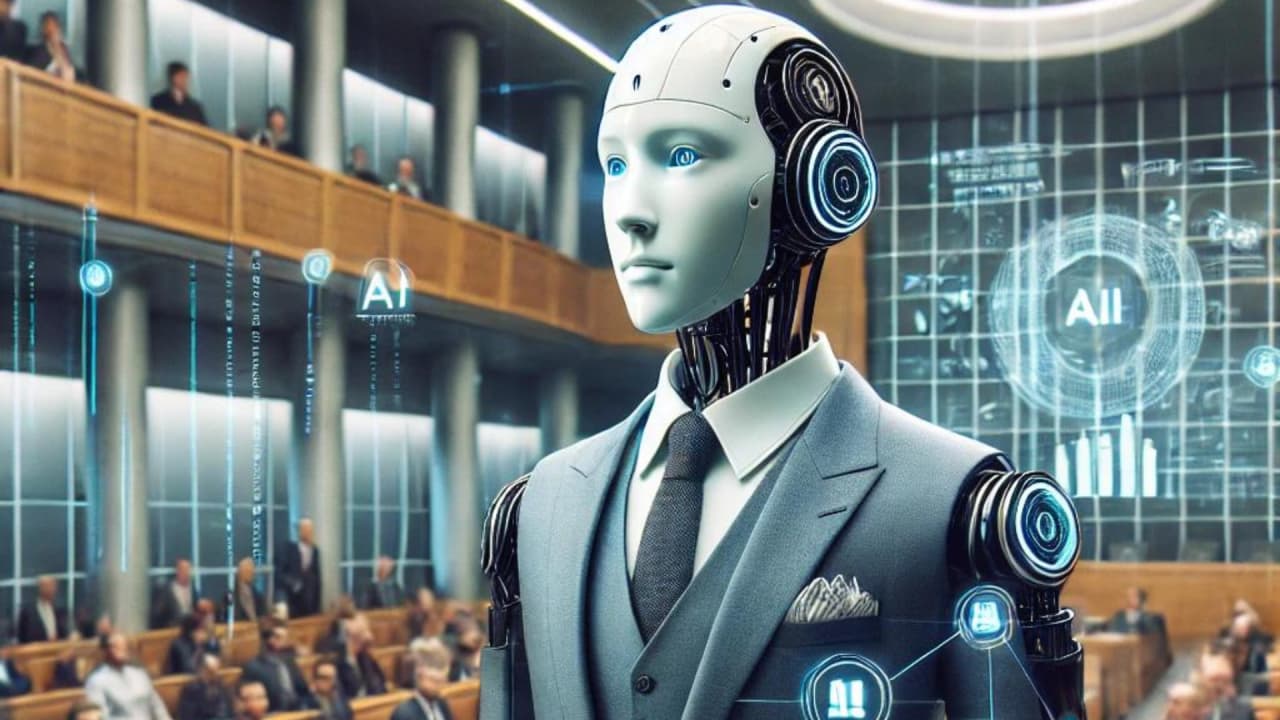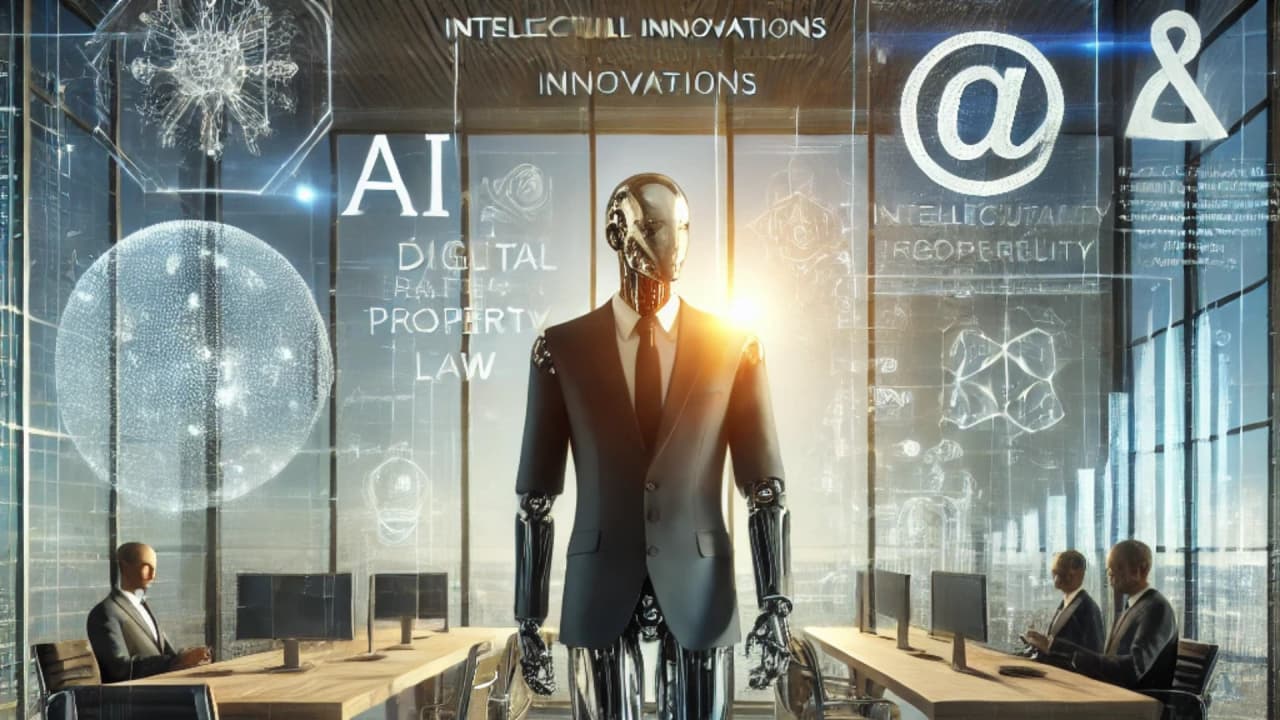In today’s rapidly evolving world, technology has seeped into virtually every aspect of our lives, transforming the way we live and work. The realm of law and legal services is no exception, with Artificial Intelligence making significant strides in automating various aspects of the legal landscape.
One such area where AI is making a profound impact is in the domain of employment contracts. This article delves into the role of AI in ensuring fair play within employment contracts, exploring the emergence of AI lawyers and the integration of AI into legal services.
The Rise of AI in Legal Services
The legal profession has traditionally been known for its intricate complexity and labour-intensive nature. However, the advent of AI has opened up new avenues for efficiency and precision in legal processes. Legal AI, which involves the use of artificial intelligence technologies to assist or perform legal tasks, has found its niche in various legal domains, including contract law.
AI’s ability to process large volumes of data, analyse complex patterns, and draw insights has enabled the creation of AI tools that can draft, review, and review contracts with unprecedented accuracy. In the context of employment contracts, this capability is particularly vital to ensuring fair play for both employers and employees.
AI Lawyers: The Future of Legal Assistance
One of the most notable developments in the legal landscape is the emergence of AI-powered lawyers. These digital legal assistants can navigate the intricate labyrinth of employment contracts, offering insights, suggestions, and even conducting negotiations on behalf of their human counterparts.
AI lawyers, equipped with natural language processing and machine learning capabilities, can swiftly review and compare an individual’s employment contract against legal standards and industry benchmarks. They can identify potential discrepancies, hidden clauses, and imbalances that might be disadvantageous to one party.
This feature is especially critical for employees who might lack the legal expertise to discern unfavourable terms buried within the legalese.
Furthermore, AI lawyers can provide real-time feedback during contract negotiations. They analyse the ongoing conversation between the parties and offer suggestions to ensure that the final agreement is balanced and favourable to all involved. This dynamic assistance not only streamlines the negotiation process but also minimises the chances of misunderstandings and disputes in the future.
Enhancing Transparency and Fairness
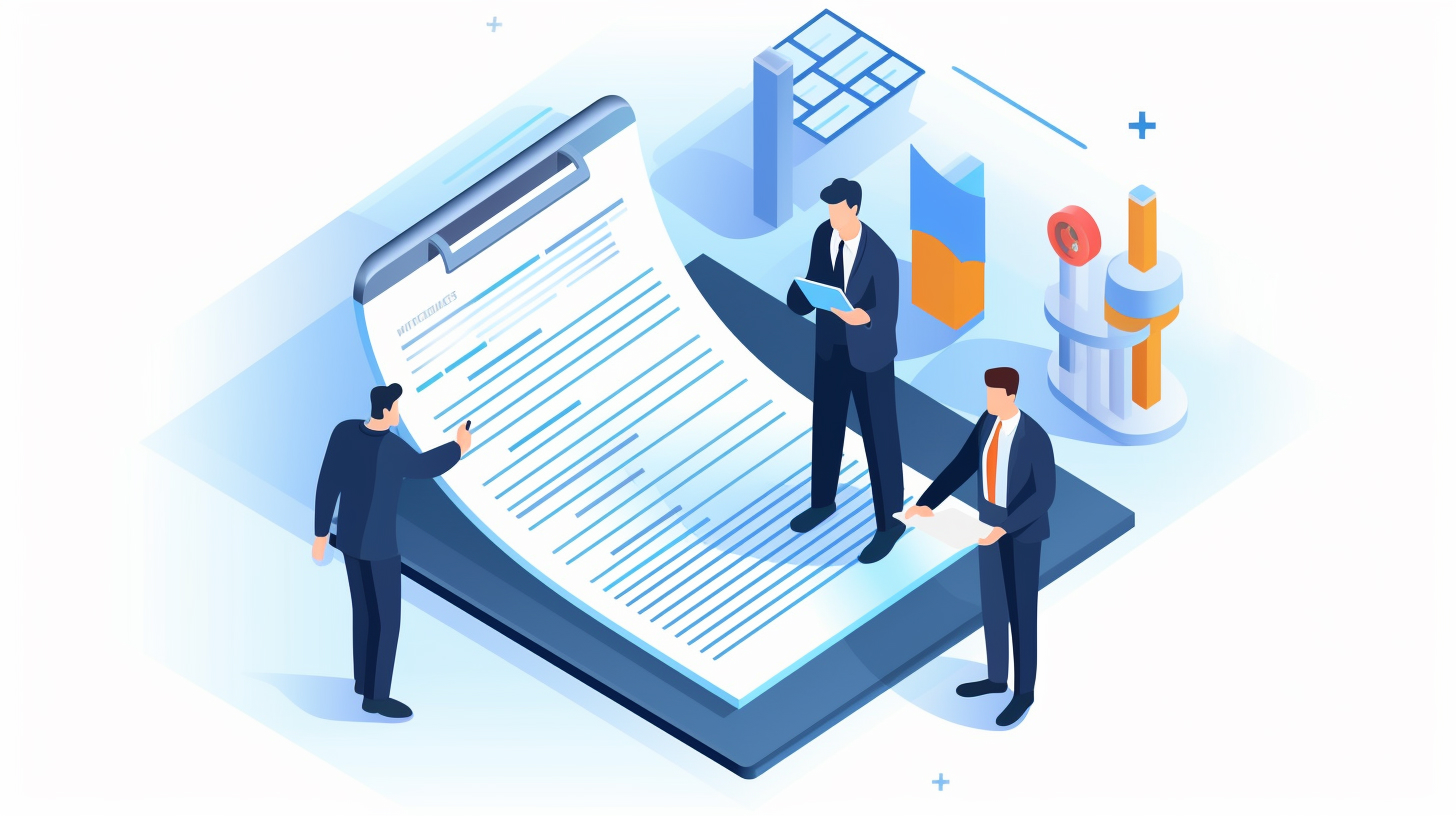
One of the primary challenges in employment contracts is the unequal power dynamic between employers and employees. AI’s intervention can help mitigate this imbalance by fostering transparency and promoting fairness. Legal AI tools can automatically flag clauses that are deemed biassed or unjust, thereby prompting parties to reevaluate and modify those terms.
For instance, AI can identify clauses that restrict an employee’s rights unfairly, such as overly restrictive non-compete agreements or confidentiality clauses that infringe upon an individual’s future job prospects. By highlighting these clauses, AI ensures that both parties engage in negotiations with full awareness of potential pitfalls.
Efficiency and Cost-Effectiveness
AI’s impact extends beyond ensuring fairness in employment contracts. It also addresses the efficiency and cost-effectiveness challenges that have plagued the legal profession. Traditional legal services are often associated with high fees and prolonged timelines. However, by leveraging AI, legal practitioners can expedite the contract review process, minimising costs and turnaround times.
Legal AI tools can swiftly scan documents for relevant information, thereby saving hours of manual labour. This efficiency is particularly valuable in cases involving multiple contracts or intricate legal language. Consequently, employers and employees alike can access high-quality legal analysis without bearing the brunt of exorbitant expenses.
AI Analytics for Informed Decision-Making
Another remarkable aspect of AI’s role in employment contracts is its ability to provide data-driven insights. Through advanced analytics, AI can offer comparative analyses of contract terms across industries and geographical locations. This empowers both parties with valuable information to make informed decisions during negotiations.
For example, an AI tool can provide data on average severance packages in a specific industry, enabling an employee to assess whether the terms being offered are standard or below par. Similarly, an employer can use AI-generated data to ensure that the compensation package aligns with industry standards, thus avoiding potential legal disputes in the future.
Challenges and Ethical Considerations
While the integration of AI into employment contracts brings forth numerous benefits, it is not without its challenges and ethical considerations. One primary concern is the potential bias embedded within AI algorithms. If the training data used to develop these AI tools is skewed, it could inadvertently perpetuate existing inequalities.
Moreover, the reliance on AI might lead to the erosion of human judgement and intuition in legal matters. While AI can process data efficiently, the nuances of interpersonal relationships, cultural sensitivities, and individual circumstances are elements that might elude even the most advanced algorithms.
Conclusion
AI’s role in ensuring fair play within employment contracts is a testament to the transformative power of technology in the legal sector. As AI lawyers and legal AI tools continue to evolve, they are poised to reshape the way contracts are negotiated, reviewed, and understood. By enhancing transparency, efficiency, and fairness, AI contributes to a more equitable landscape for both employers and employees.
However, it is imperative to approach this transformation with caution, addressing the ethical challenges while leveraging AI’s potential to redefine the boundaries of legal services. In the end, AI’s influence on employment contracts serves as a harbinger of a future where technology and human expertise coexist to create a more just and balanced professional environment.
